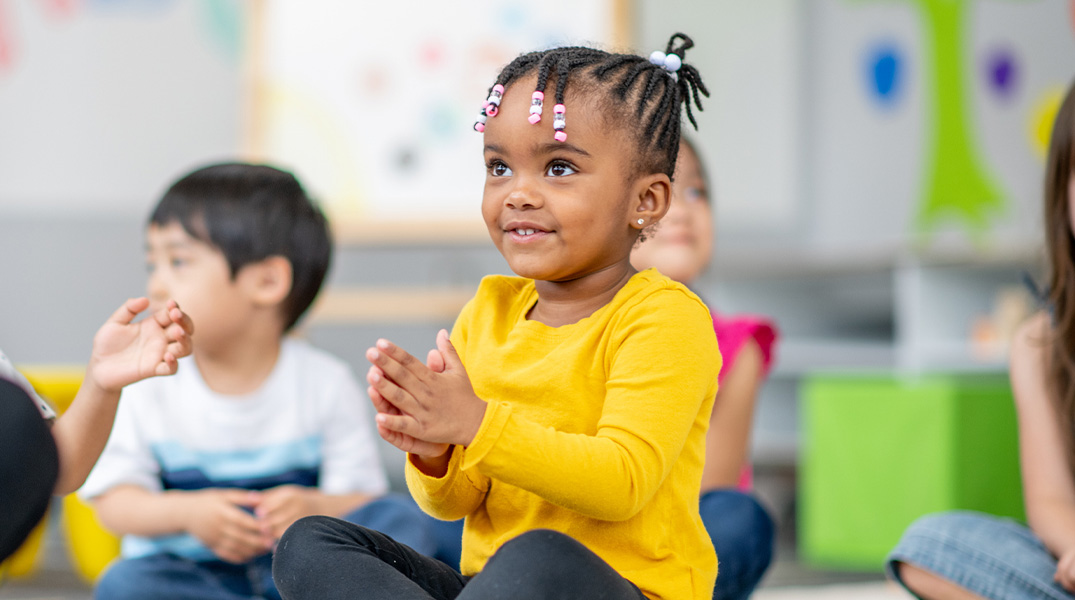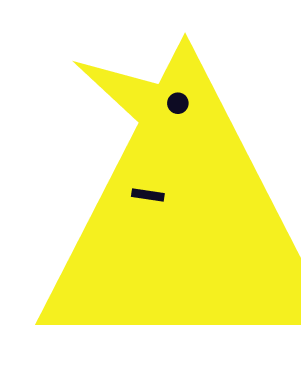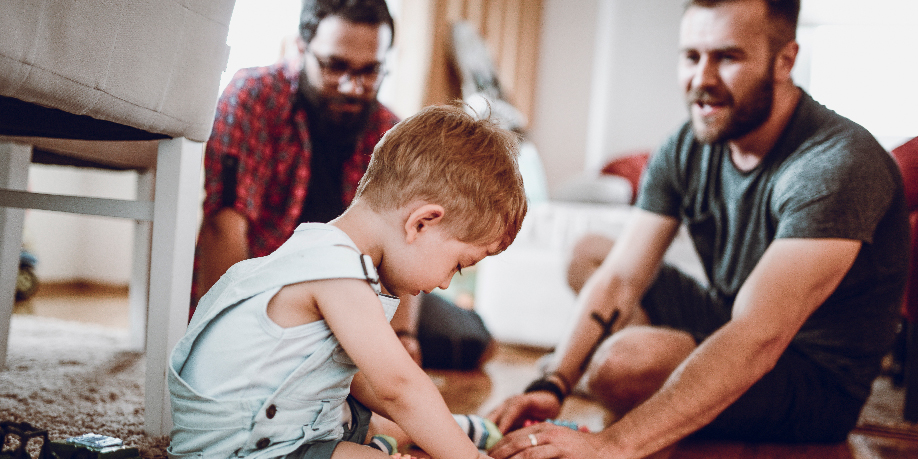2-3 years
This is a guide to how children typically learn to talk and understand words between 2 and 3 years.

Children develop skills at different rates, but by 3 years usually children will:
- Listen to and understand a simple story with pictures, although they can still get easily distracted at times.
- Understand longer instructions, such as ‘make teddy jump’ or ‘put dolly’s cup on the table’.
- Understand simple ‘who’, ‘what’ and ‘where’ questions.
- Understand the words ‘big and ‘little’.
- Understand lots of words, at least 300.
- Put 4 or 5 words together to make short sentences, such as ‘me want more juice’ or ‘he took my ball’.
- Ask lots of questions. They will want to find out the name of things and learn new words.
- Use action words such as ‘run’ and ‘fall’ as well as words for the names of things.
- Start to add ‘s’ to words to show there is more than one of something. For example, ‘shoe’ becomes ‘shoes’.
- Can say the sounds p, b, t, d, m, n, w, k and g in words when they are talking. They may still make mistakes with how they say words, and might have difficulty saying more complicated sounds like sh, ch, th and r. However, people who know the child can mostly understand them.
- Start to be interested in other children’s play and want to join in.
- Sometimes sound as if they are stammering or stuttering. They are usually trying to share their ideas and can’t quite think of how to say it. This can be a perfectly normal stage to go through, however if it continues for more than a few months you may want to seek some advice. See our stammering advice page for more information.
- Start to talk about themselves, for example they can say what they like and don’t like.
- Answer simple questions about objects, for example ‘which one do we eat with?’.
Support children aged 2-3 years with their talking and understanding of words

Things to look out for
Some children struggle with learning to talk and understand words. Look out for:
- Children who point or show you what they want rather than saying it.
- Children who only say single words instead of joining words together into short sentences.
- Children who have difficulty understanding your instructions and needs you to show them instead.
- Children whose speech is very unclear so you have a lot of trouble understanding them when they talk.
If you notice any of these things, have a closer look at the child’s speech, language and communication skills using one of our free tools:
Follow the process in your setting/workplace for raising concerns. This should include discussing your concerns with the child’s family and your SENCo. Statutory guidance is outlined in the SEND Code of Practice (2015).
Further support
For tips on how you can support a child aged 2-3 years’ communication skills, have a look at some of our educator resources:

